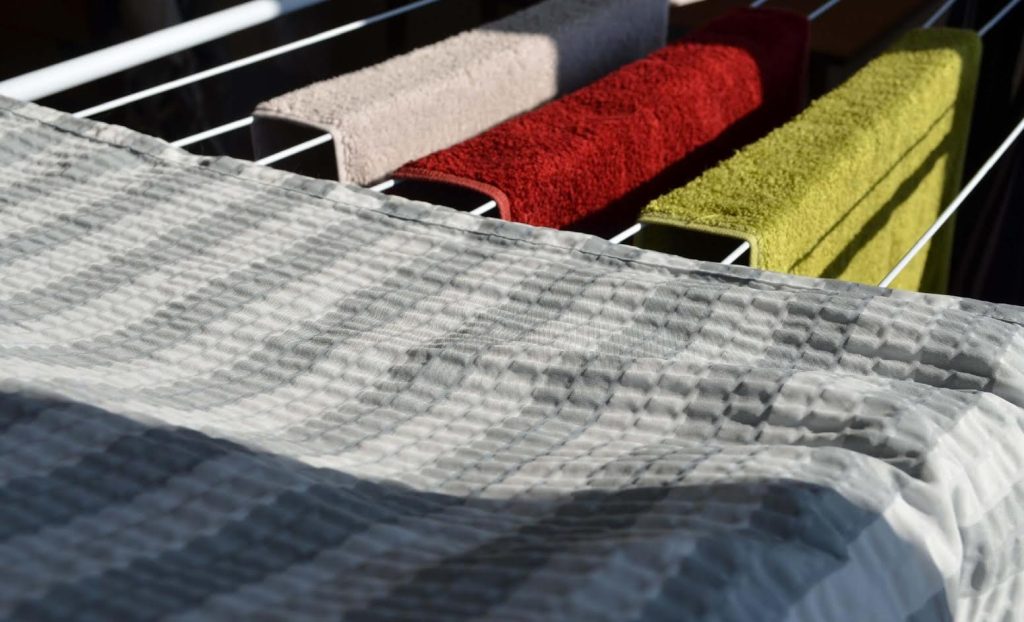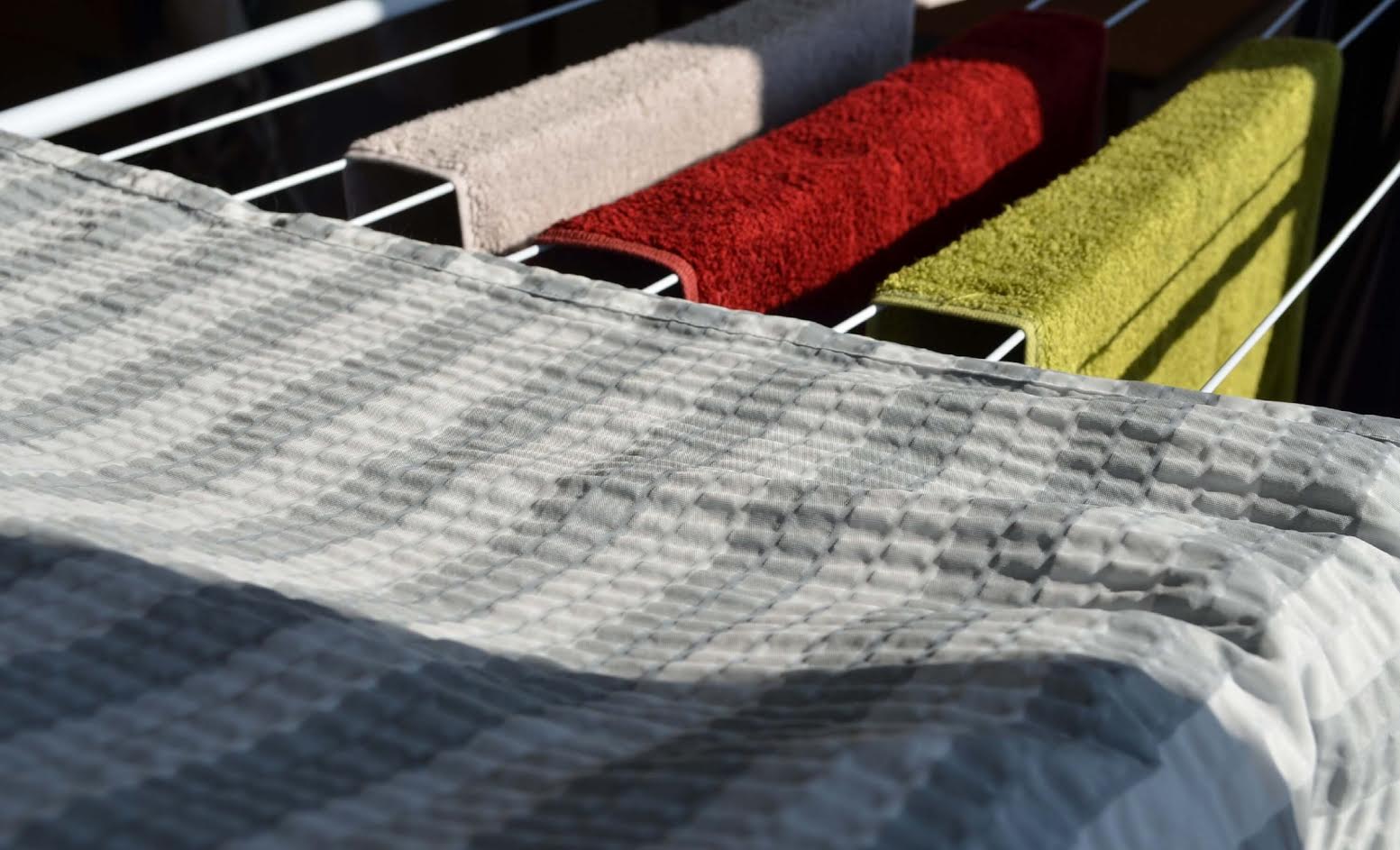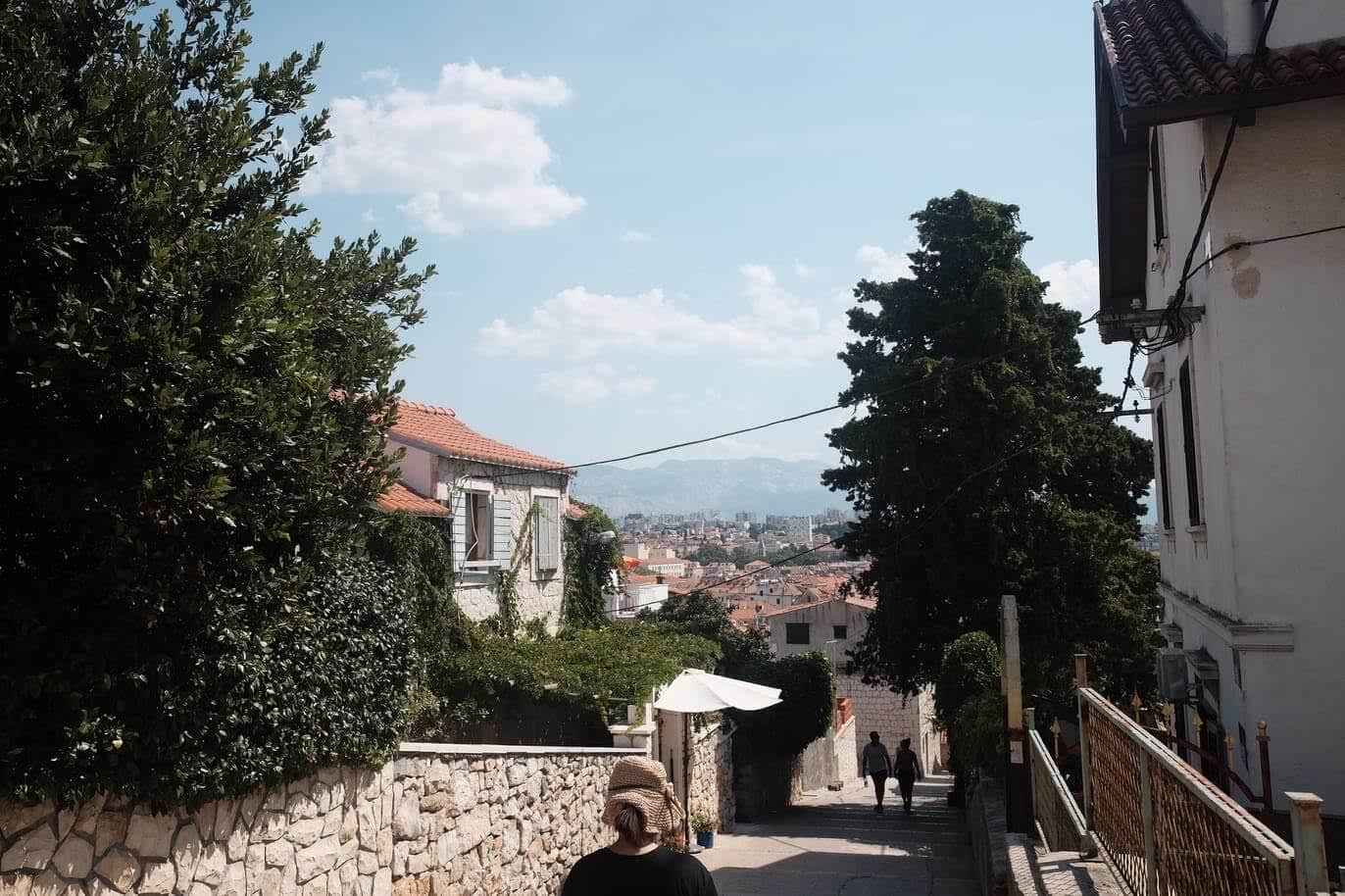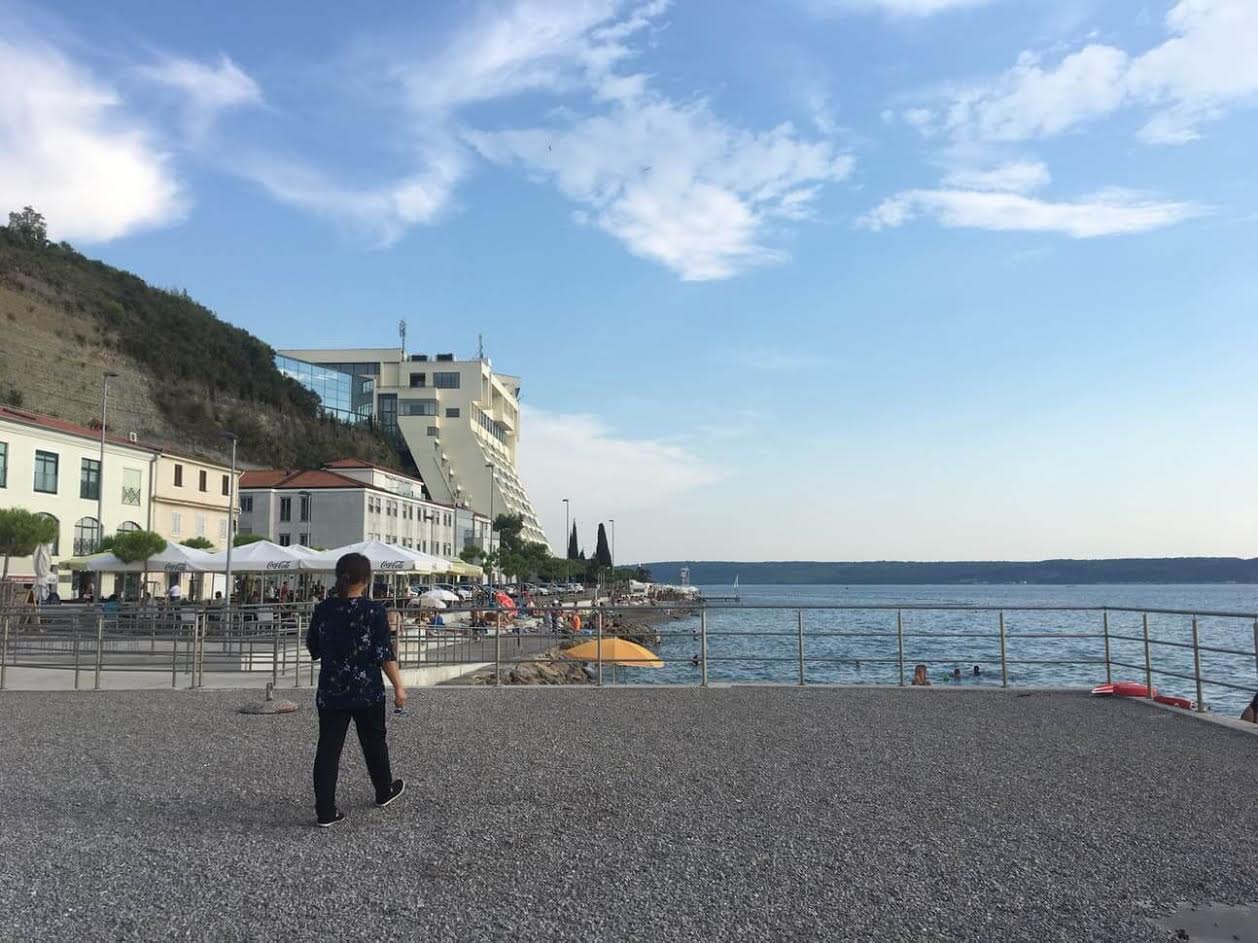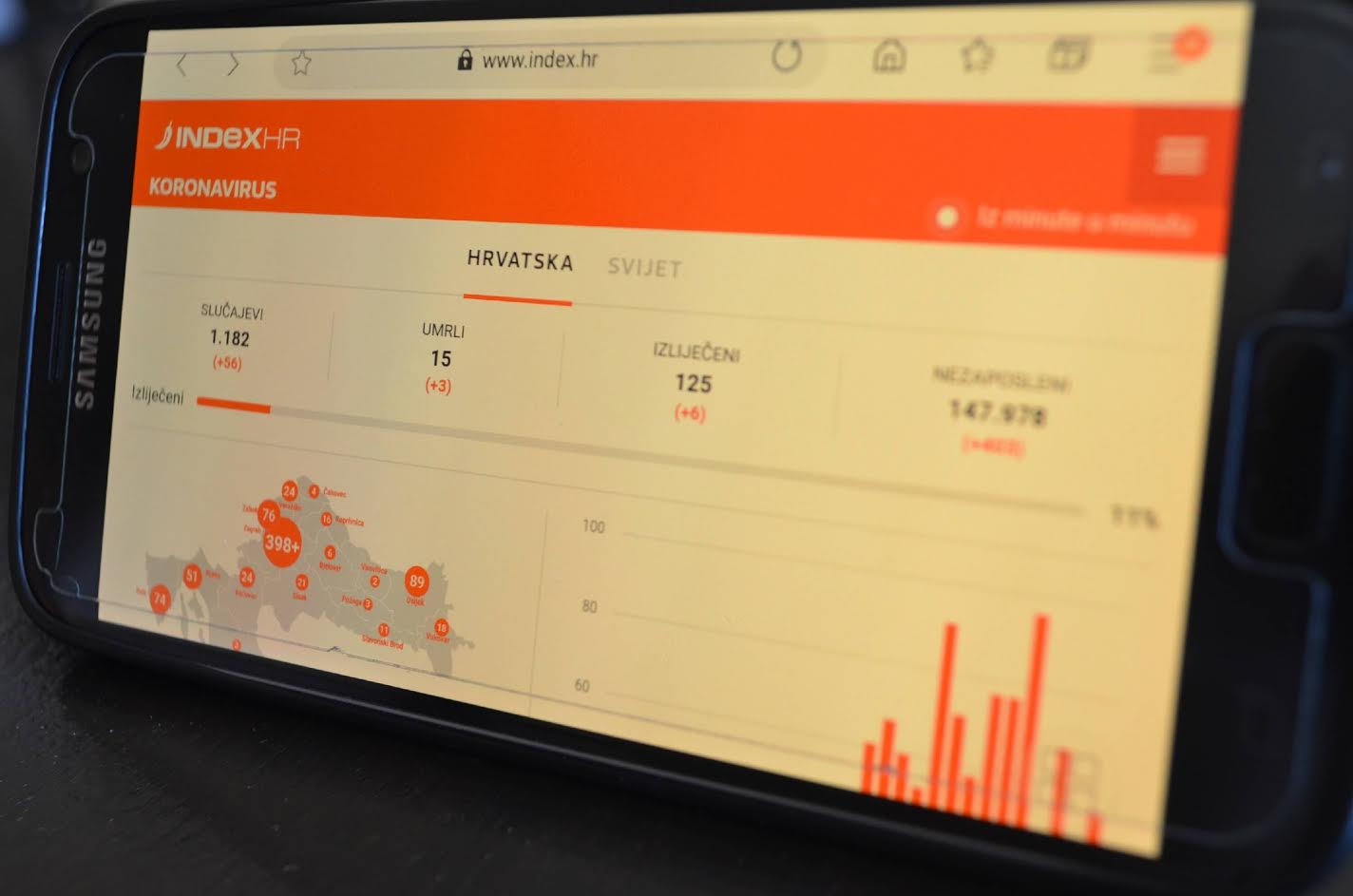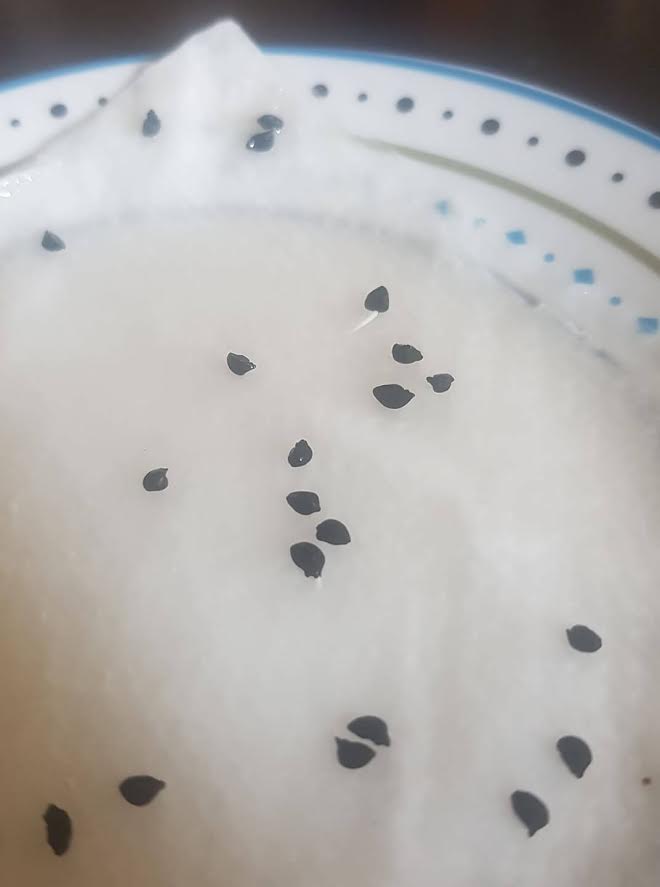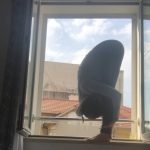April 6, 2020 – Do foreigners in Croatia feel more or less safe sitting out COVID-19 here than in their home country, and what are their experiences? A new series on TCN, with Daeun Hong from South Korea in Zagreb as our 27th contributor.
Oxford University recently published some research on government responses to coronavirus which showed that Croatia currently has the strictest measures in the world. While inconvenient, this is a good thing in terms of reducing the spread of the virus, and I am certainly not alone in my admiration of the official Croatian handling of this crisis in recent weeks, both in terms of action and communication.
But what do other expats here think? And how does it compare with the response in their home country? Would they rather sit this one out here or there? In the first of a new series on TCN, we will be featuring expats from all over the world to see what their views are on life in corona Croatia rather than back home. So far we have heard from expats in Croatia from Romania, USA, Ireland, UK, Mexico, Argentina, Spain, Singapore, Holland, Canada, India, Hong Kong, Venezuela, Latvia, China, Honduras, Hungary, Moldova and Germany. Next up, Daeun Hong from South Korean in Zagreb.
If you would like to contribute to this series, full details are below. Now, over to Daeun.
Firstly how are you? Are you alone/with someone? Tell us a little about your situation and sanity levels.
Well, it is like it is. Or, maybe not so good. I’m feeling bored since I can’t really leave my house. I am missing going outdoors. Also, that earthquake hasn’t left a good memory. I have trauma if I can say it that way because I never felt that before. Since then, I don’t sleep with my light turned off.
Although I’m living alone, my Croatian and foreign friends often call me to check how I’m doing. I’m glad to have them in such a situation.
When did you realize that corona was going to be a big issue?
To be honest, I didn’t realize this would become such a thing, not even when our faculty closed. But when public transport stopped and when I saw police on the street, telling people they should stay inside, that was the moment I realized that the situation is getting more serious from minute to minute.
What is your impression of the way Croatia is dealing with the crisis? How safe do you feel?
At the very beginning of the appearance of Coronavirus, the Croatian government didn’t take it so seriously. They even criticized other countries, how they have problems. I think that is the moment when the government should have taken the first steps to prepare the country for the crisis. My opinion is that they should have made preparations sooner.
And about me feeling safe, well, I feel safe because I’m never leaving my house.
Now compare that to your home country and how they are handling it. What is Croatia doing better/worse?
When I compare South Korea and Croatia, it would be better for Croatian people to take this situation more seriously. Although many Croatians are aware of what they should be doing, I feel like Croatia is not ready for such an epidemic. Our (South Korea) government is doing great work, and the whole medical system is impressive. But at the same time, people there are maybe too relaxed. As they are thinking, they are entirely safe.
What about official communications from the authorities, compared to your home country?
I must say I’m pretty satisfied with government communication with people. I think it’s great that every few hours, they publish new information through every single media platform. Also, I have noticed they show their care for Croatians abroad. The South Korean Embassy is also doing a great job. Every evening, they send me new information about flights to my country. Like, the schedule of flights, through which countries I can go to Korea, which time, which airplane companies…
What’s the one thing you wish you had taken with you into self-isolation.
Well, I have electricity, internet, mobile phone to communicate with my family, I have food… So, I would say I have everything. Then again, my cat, who is now in Korea, would have been lovely company during these lonely days. And, if I can be 100% honest, I would love to have Korean food around the corner. A whole store, if it is possible. I really miss Korean food.
One thing you have learned about yourself and one thing you have learned about others during this crisis.
In this time of crisis and global epidemic, I realized how precious are the people around me. The same thing goes for a normal life – which I had before all of this mess. I think I have learned to respect more everyday things we take for granted.
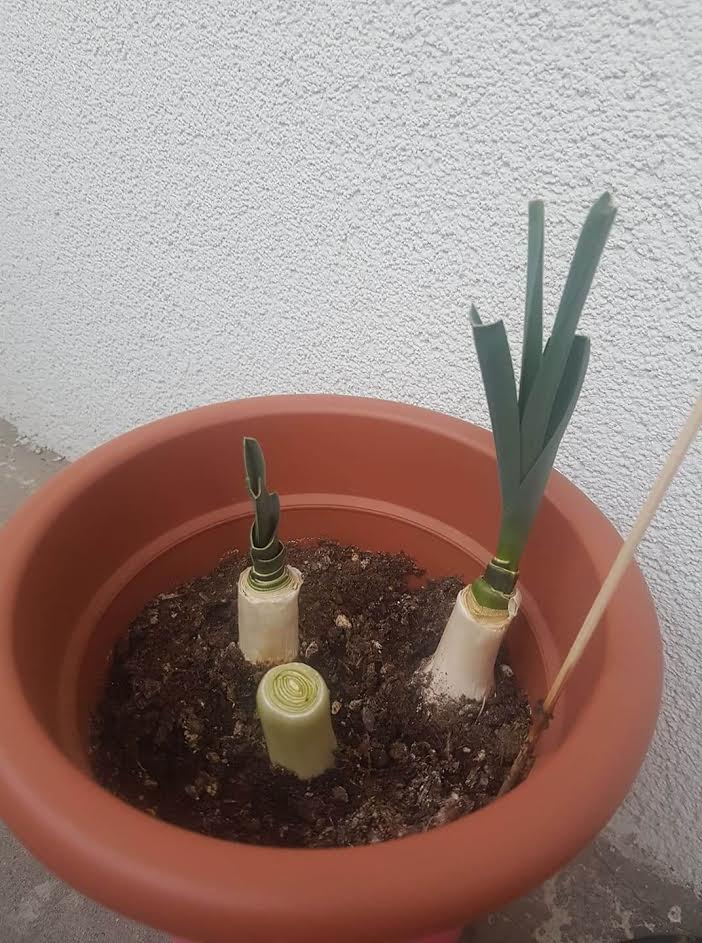
The fruit of boredom: I have planted leeks.
Thanks, Daeun, stay safe and see you on the other side.
TCN is starting a new feature series on foreign experiences of sitting out COVID-19 here in Croatia compared to their home country. If you would like to contribute, the questions are below. Please also include a para about yourself and where you are from, and a link to your website if you would like. Please also send 3-4 photos minimum to news@total-croatia-news.com Subject Corona Foreigner
If you would be interested to record a video version for our partners www.rplus.video please let us know in the email. Thanks and stay safe.
Foreigners Self-Isolating in Croatia: Do You Feel Safer Than in Your Home Country?
Firstly, how are you? Are you alone/with someone? Tell us a little about your situation and sanity levels.
What do you think about the economic measures the government is taking, are they helping your business? (PLEASE IGNORE IF THIS DOES NOT AFFECT YOU)
When did you realise that corona was going to be a big issue?
What is your impression of the way Croatia is dealing with the crisis? How safe do you feel?
Now compare that to your home country and how they are handling it. What is Croatia doing better/worse?
What about official communications from the authorities, compared to your home country?
What’s the one thing you wish you had taken with you into self-isolation.
One thing you have learned about yourself, and one thing you have learned about others during this crisis.
TCN has recently become a partner in Robert Tomic Zuber’s new R+ video channel, initially telling stories about corona experiences. You can see the first TCN contribution from this morning, my video from Jelsa talking about the realities of running a news portal in the corona era below. If you would like to also submit a video interview, please find Robert’s guidelines below
VIDEO RECORDING GUIDE
The video footage should be recorded so that the cell phone is turned horizontally (landscape mode).
There are several rules for television and video news:- length is not a virtue- a picture speaks more than a thousand words
In short, this would mean that your story should not last more than 90 seconds and that everything you say in the report should be shown by video (for example, if you talk about empty streets, we should see those empty streets, etc.).
How to do it with your cell phone? First, use a selfie camera to record yourself telling your story for about a minute and a half. Ideally, it would be taken in the exterior, except in situations where you are reporting on things in the interior (quarantine, hospital, self-isolation, etc.). Also, when shooting, move freely, make sure everything is not static.
After you have recorded your report, you should capture footage that will tell your story with a picture, such as an earlier example with empty streets.
One of the basic rules of TV journalism is that the story is told in the same way as a journalist with his text. Therefore, we ask you for additional effort. Because we work in a very specific situation, sometimes you may not be able to capture footage for each sentence of the report. In this case, record the details on the streets: people walking, the main features of the city where you live, inscriptions on the windows related to the virus, etc.
The same rules apply if you are shooting a story from your apartment, self-isolation, quarantine. We also need you to capture footage that describes your story.
When shooting frames to cover your reports, it is important that you change the angle of the shot (in other words, shoot that empty street from several angles). Also, when shooting a detail, count at least five seconds before removing the camera to another detail.
The material should be about 5 minutes long (90 seconds of your report + frames to cover your story).
After recording everything, send us to Zagreb, preferably via WeTransfer to rplus.video@gmail.com

